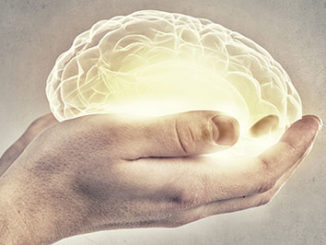The Epigenetics of Honeybee Memory Offers a Glimpse Into Our Own Minds
The fascinating memory of a honeybee could give us hints about our own long-term memory formation, scientists suggest. According to a new study, epigenetic marks are added to the DNA of honeybees in a response to an enzyme known as DNA methyltransferase (Dmnt) and removed in response to a Dnmt inhibitor drug. This epigenetic mechanism may play a role in memory specificity and influence the removal and re-acquisition of memory. When human memory breaks down or fails, disorders such as [more…]





